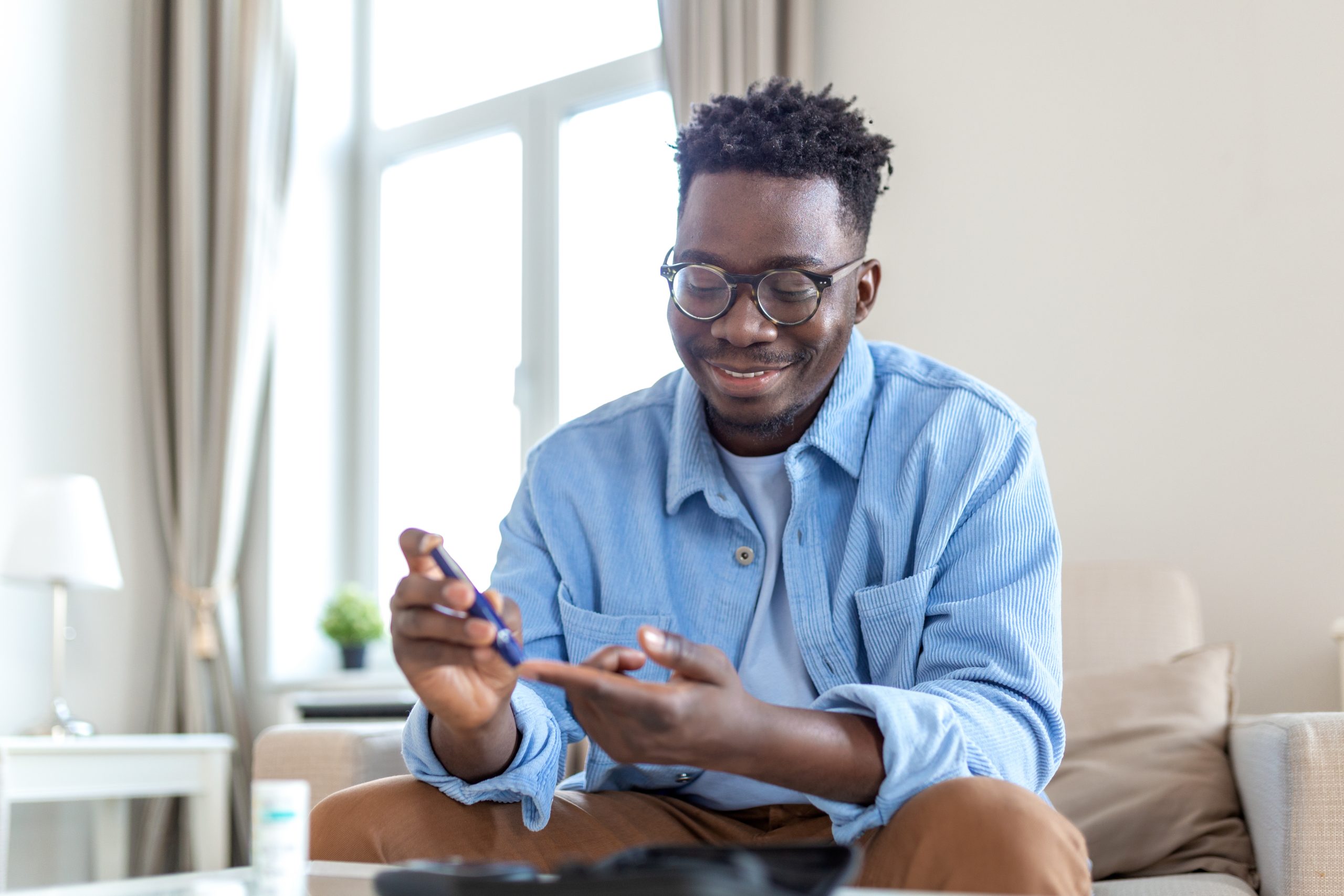When you have diabetes, you’re entitled to certain checks, tests and services to help you manage your condition and get the care you need. These help prevent serious diabetes complications, such as problems with your feet, eyes, heart and kidneys.
During the pandemic, many people with diabetes had routine appointments cancelled or postponed, or they were held over the phone or by video call instead. If you haven’t had an appointment at all for your diabetes in the last 12-18 months, contact the doctor or team responsible for your diabetes care.
An HbA1c test checks your average blood sugar levels for the last two to three months.
Knowing your HbA1c level, and what you can do to lower it if it’s too high, will help you reduce your risk of diabetes complications. This means getting your HbA1c checked regularly.
You’re entitled to an HbA1c test at least once a year. If it’s high or needs a little more attention, the check will be done every three to six months. It’s really important not to skip these tests, so if you haven’t had one for more than a year, contact your healthcare team.
Your feet should be checked once a year to see if you’ve lost any feeling, and for ulcers and infections. This can be done by your GP, diabetes nurse or a podiatrist. It’s important to wear well-fitting shoes that don’t rub and to check your feet yourself every day. Speak to your GP immediately if you have cuts, bruises or numbness in your feet.
Your eyes should be checked every year for damaged blood vessels, which can cause sight problems – diabetic retinopathy – and blindness. Treating damaged blood vessels early can prevent sight problems. Speak to your GP immediately if you have blurred vision, especially at night, shapes floating in your vision (floaters) or sensitivity to light.
Your GP or diabetes nurse should also check for high blood pressure, and heart and kidney disease, at least once a year.


















